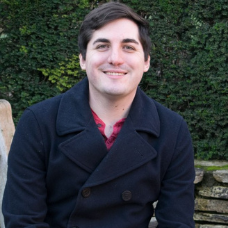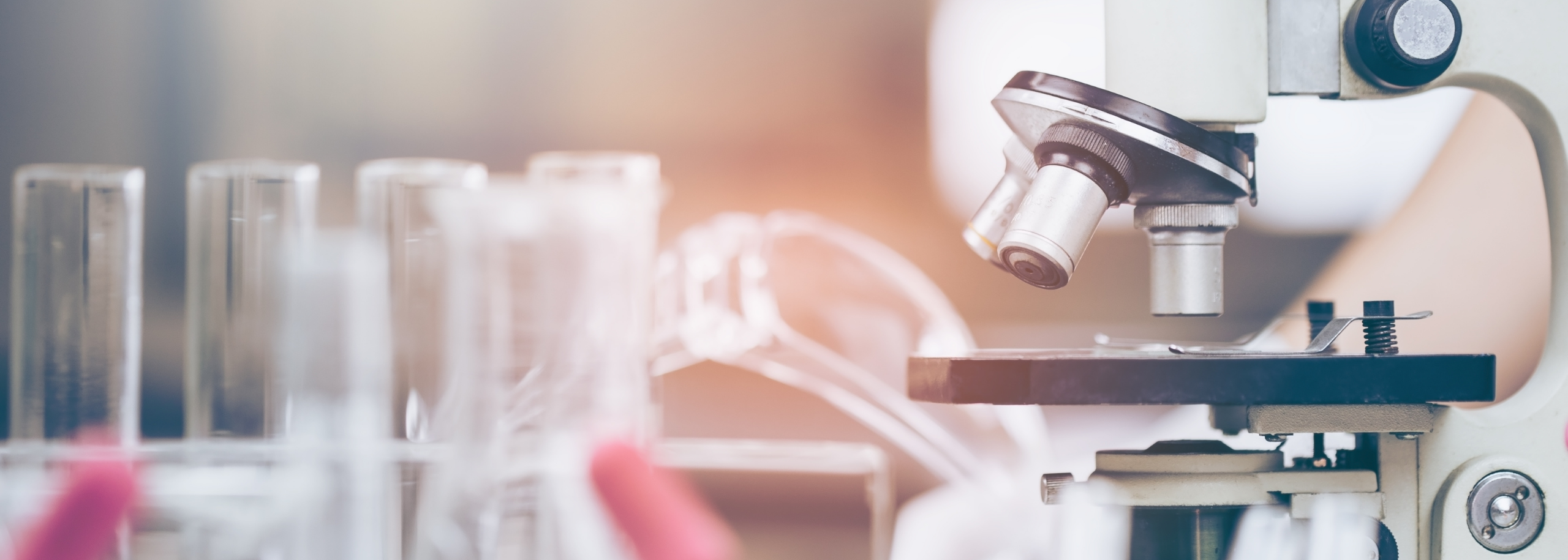Blog written by Andrew J. Barnhart
In this recurring section “Drijfveren” scientists tell what motivates them to go against the current. This time it is up to Andrew J. Barnhart, Marie Curie Research Fellow and Doctoral Candidate at the Centre for Biomedical Ethics and Law at KU Leuven. He is also part of the innovation network OrganoVIR: Organoids for Virus Research, where he focuses on the ethics of organoids.

Andrew inspires us, and more importantly, others. He proves that animal-free science has the future. We feel honored that he made time to answer our pressing questions about him and his work:
Can you tell us a bit more about what you do and what motivates you?
“In my research I focus on the ethics of organoids. Organoids are ‘mini-organs’ that are grown using human stem cells. My project focuses on the questions surrounding the moral status of certain organoids (e.g., brain organoids, organoids that model embryos), ethical implications for animal models, and ethical implications for society.
Eventhough much of the drive for animal-free research is based on our moral values and intuitions regarding animals, there are still ethical issues that need to be properly addressed with any new alternative – including organoids. For example, what do we do with brain organoids if they can potentially develop consciousness? What is the moral significance of developing organoids that closely model human embryos? How do organoids relate to their donors?
My hope is to help address these ethical concerns before they become too problematic.
If my work can make animal-free alternatives like organoids morally viable, then they have a better chance of becoming widely adopted.”
What motivated you to collaborate with Proefdiervrij?
“Proefdiervrij is a collaborative partner with OrganoVIR. As part of my research and doctoral training, I am spending my secondment with Proefdiervrij to learn more about ethical perspectives on organoids, communication, and innovative transition studies. The organization is quite helpful and gives me ample networking opportunities.
Proefdiervrij is full of people with good character and a genuine passion for what they do. Since working with them, they have shown overwhelming support, enthusiasm, and curiosity for my work.”
What do you think animal-free innovation will look like in 10 years’ time?
“Hopefully, it will include the morally proper uses of organoids and similar biotechnology. Organoids are powerful tools. They possess all kinds of information about a person’s unique health factors including genetics, developmental biology, and health conditions. Some researchers are using organoids to study specific diseases and developmental conditions without ever having the need for animal models, and are finding success.
It may lend further credence to forms of precision medicine such as individually-tailored treatments, drugs, and therapies in the clinic. This form of medicine will probably be on the rise in the next 10 years.
Still, we need to ensure that the new animal-free alternatives are utilized in a moral way, both presently and ten years from now.”
What do you think your project will look like in 10 years?
“I’m sure there will still be a need for ethics in biotechnology. The ethics of organoids is in its infancy, and it will undoubtedly continue to grow as organoid research further develops. There will probably be some unforeseen concerns that need to be addressed in the future. But I’m hopeful that we will be better equipped to handle those matters when they arise, and to steer animal-free alternatives down the right and moral path. That way we can also ensure that animals become unnecessary in future research projects.”
Andrew inspires us, and more importantly, others. He proves that animal-free science has the future. Thank you Andrew for taking the time to answer our questions. We wish you all the best with your wonderful work and we hope together we can increase our impact towards a labanimal-free world!
Curious about the motivations of other researchers?

